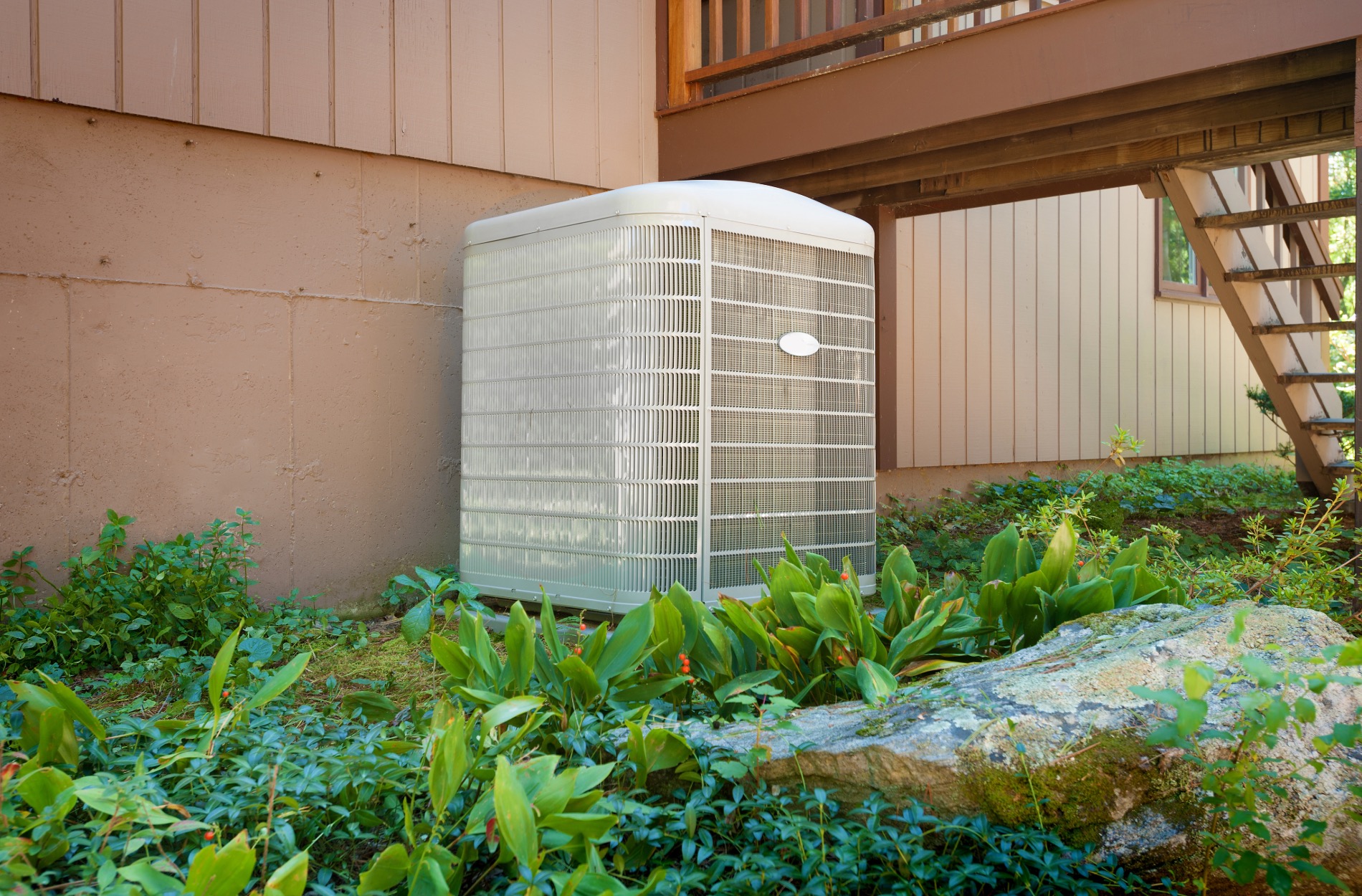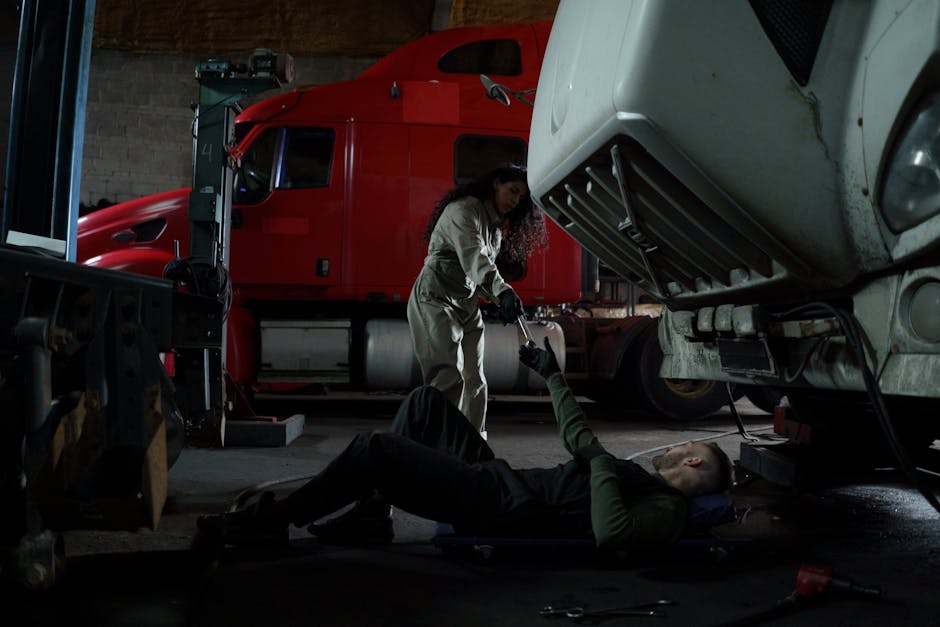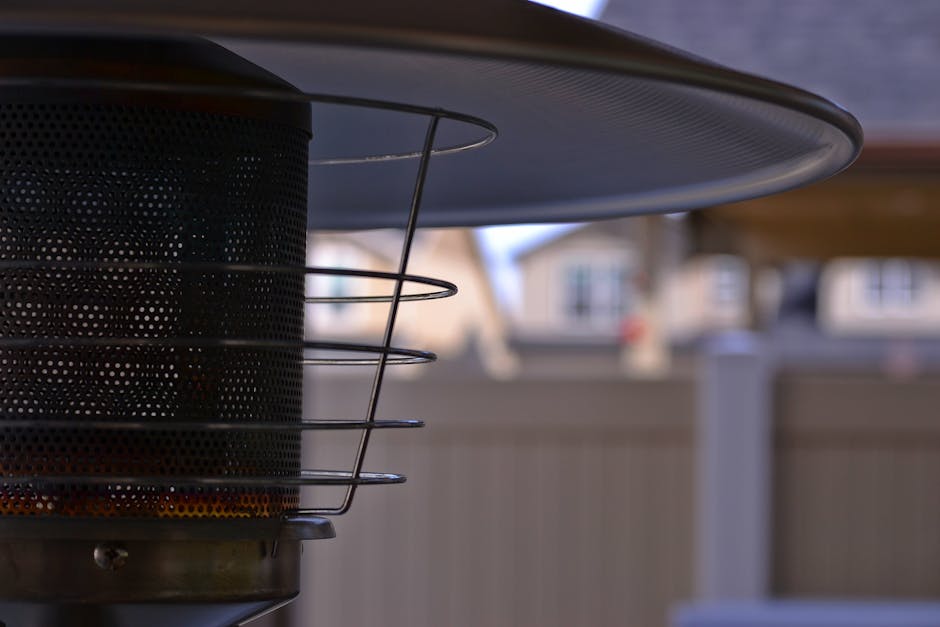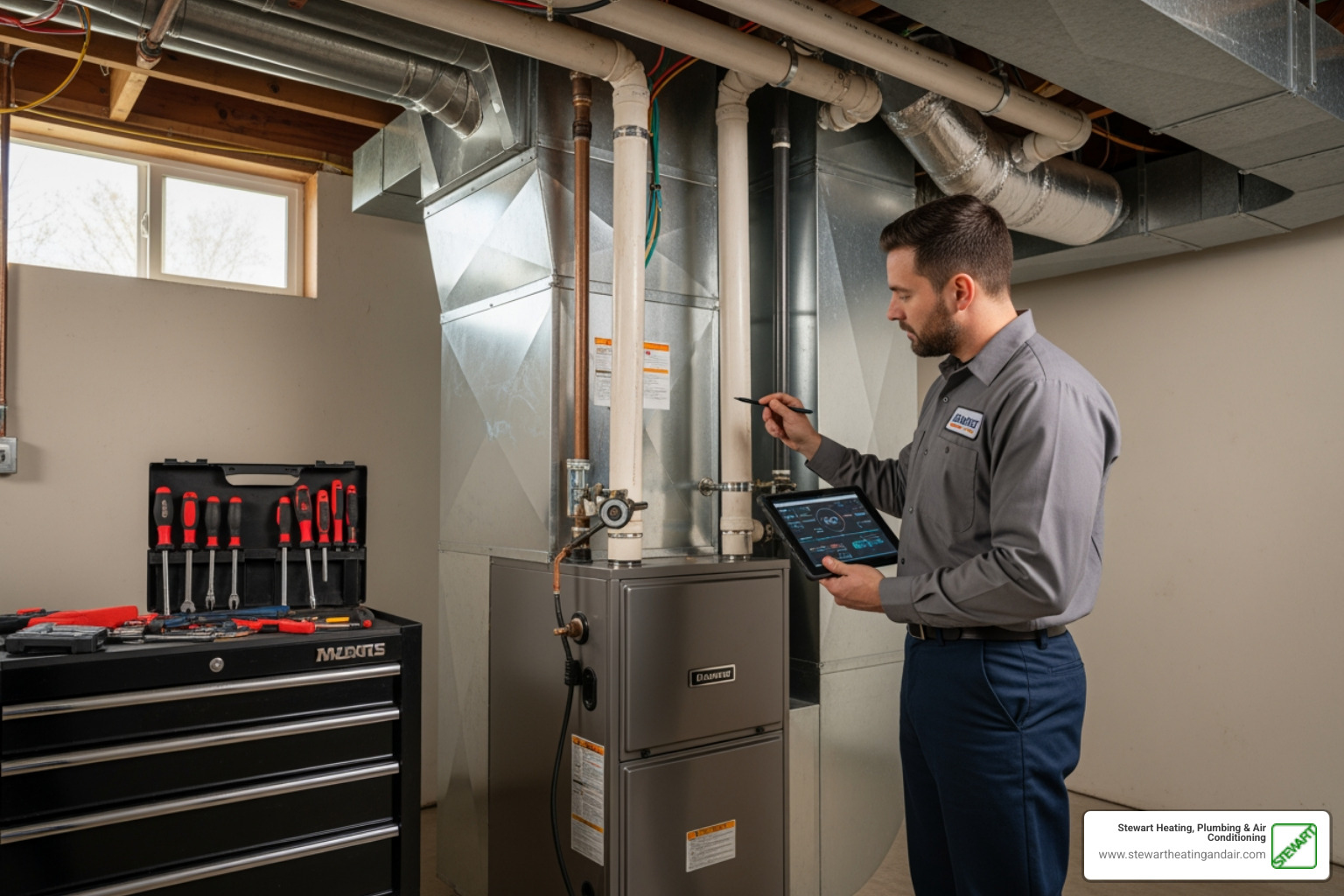
It can be frustrating when a heat pump starts to freeze up just when your home in Antioch depends on it most to stay cool. Heat pumps are made to handle both winter and summer demand, so seeing ice build up on the unit during a hot day usually catches homeowners off guard. Most expect freezing to be a winter issue, not something that happens when the sun is out and the AC is supposed to be running. But summer freezing is more common than many realize, especially if the system hasn’t been maintained regularly or starts developing mechanical issues.
A frozen heat pump affects more than comfort—it leads to poor airflow, higher energy bills, and long-term wear that may require full replacement if ignored. Whether your heat pump is cycling constantly, blowing warm air, or has visible frost around the outdoor unit, those are warning signs. Identifying the root cause early helps prevent further damage and avoids the inconvenience of a non-cooling system in the middle of an Antioch summer.
How a Heat Pump Works in Summer
Understanding how a heat pump works can help explain why freeze-ups happen during cooling mode. A residential heat pump moves heat from inside the home to the outside. In cooling mode, the refrigerant inside the system absorbs heat from the indoor air and releases it through the outdoor coil. It’s a cycle that repeats continuously as long as the thermostat signals for cooling.
Here’s what happens step-by-step:
1. Warm air inside your home is pulled through the air handler and across coils filled with cold refrigerant.
2. The coils absorb the heat and moisture.
3. The refrigerant carries the indoor heat outside to be released into the air around your outdoor unit.
4. Cooled air is circulated back inside the house.
When all the components are working properly and airflow isn't restricted, the process moves smoothly. But if even one part is blocked or operating outside of its intended range—whether it’s the air filter, coil, or refrigerant—temperatures can drop too low on the coil. This can cause condensation to ice over, leading to a frozen system.
Other factors like thermostat issues or electrical problems can make the unit cycle incorrectly or for too long. That puts extra strain on your heat pump and creates temperature imbalances inside the equipment that contribute to ice buildup. If you see frost forming, the earlier the problem is addressed, the better chance you have at avoiding heat pump replacement.
Main Reasons Your Heat Pump Might Freeze in the Summer
Several common causes lead to heat pump freezing in warm months, and it doesn’t always require rare parts or a total failure to trigger it. Small issues, when ignored, can lead to bigger problems. Below are the key issues that often cause summer freeze-ups:
- Blocked or dirty air filters: When filters get clogged, airflow is cut down. Without enough warm air moving over the indoor coil, the refrigerant can become too cold and create frost.
- Closed or restricted vents: If return or supply vents are closed off or blocked by furniture or rugs, airflow is reduced, leading to improper temperature control and coil freezing.
- Low refrigerant levels: Refrigerant helps move heat outside during cooling mode. If there’s not enough, pressure inside the system drops, causing the coils to drop below freezing and ice up.
- Dirty evaporator or condenser coils: When coils collect dust or debris, heat exchange becomes inefficient. Over time, this increases the chances of the coil freezing up.
- Faulty thermostat readings or commands: If the thermostat doesn’t detect room temperature accurately, it might keep the system running longer than necessary, causing overcooling and freezing.
If your system is freezing multiple times in a single season, that’s often a sign of an underlying problem that isn’t being corrected by a quick fix. Monitoring performance and calling for inspection before the unit struggles further goes a long way in prolonging the life of your system and keeping your Antioch home cool.
Troubleshooting Steps for a Frozen Heat Pump
When a heat pump in Antioch starts freezing during summer, action should be taken quickly to avoid long-term damage or a total system breakdown. While some troubleshooting steps are simple and help keep things running, others require a deeper look by trained professionals.
Start by checking the air filter. A clogged or dirty filter is one of the most common causes of freezing, and replacing it is often all it takes to restart proper airflow. If the filter looks gray or clogged with dust, swap it out with a new one and monitor the system. From there, take a look at your home’s vents. Make sure all supply and return vents are open and not blocked by anything that might restrict airflow, like furniture or thick curtains.
It’s also smart to give the outdoor unit some attention. If the condenser coil is covered by grass clippings, dirt, or leaves, air can’t flow properly over it, which impacts the transfer of heat. Shut the system off and remove any visible debris around the unit, being careful not to damage the fins. A garden hose can help gently wash away dirt on the coil, but only if it’s done cautiously without using high pressure.
If these steps don’t clear up the issue, it’s probably time to look at the refrigerant level or thermostat control. That’s not something most homeowners can or should handle themselves. Low refrigerant typically points to a leak or system imbalance that needs to be addressed by our professionals. The same goes for faulty sensor readings or wiring issues that might cause incorrect thermostat signals. In those situations, one small fault can trigger a chain of malfunctions that lead to repeat freeze-ups.
When to Consider Heat Pump Replacement in Antioch
While many summertime freeze-ups have quick fixes, there comes a point when replacement may be the better long-term option. If your heat pump has been freezing up more than once in recent seasons, especially after multiple service visits, that’s a sign the equipment may be aging out of reliable operation.
Some signs that you may need heat pump replacement in Antioch include:
- Multiple freeze-ups within a short time period, even after repairs
- Unusual noises during operation
- Inconsistent cooling, or rooms that never fully reach set temperatures
- Rising electricity bills without explanation
- System age exceeding 10–15 years
As heat pumps get older, wear and tear on components like coils, the compressor, and valves can lead to frequent breakdowns. Efficiency declines over time, requiring the system to work harder and longer, which drives up energy usage. In some cases, replacing your heat pump may cost less over the next few years than continuing to repair older parts that are no longer dependable.
Homeowners in Antioch who deal with growing comfort concerns and system failure should think seriously about their replacement options. A newer unit can also improve indoor comfort with updated features and quieter operation.
Keep Your Cooling System Ready This Summer
Being proactive about heat pump maintenance helps avoid mid-season issues like freezing. Change your filters regularly, keep vents clear, and check outdoor units for dirt buildup. Don’t wait for problems to get worse. If your system freezes once, it may not be the last time unless the root cause is found and corrected. A full system inspection gives you more than temporary relief; it helps protect your comfort for the rest of summer.
If your current system is too far gone or struggling more often than not, it may be time to weigh the cost of ongoing repairs against heat pump replacement in Antioch. An updated cooling system offers more reliability and can make your home feel consistently comfortable, even during the hottest days. Working with experienced technicians ensures all options are reviewed honestly and thoroughly, so you know exactly what makes sense for your home.
If your heat pump keeps freezing and causing repeated problems, it might be time to consider a change that improves both efficiency and comfort in your Antioch home. Stewart Heating Plumbing Air Conditioning recommends exploring your options for a heat pump replacement in Antioch to ensure reliable cooling during the hottest days. For a quick estimate or to book a service visit, please contact us today.







